David Weiss wanted Hunter Biden charged in DC, prosecutor confirms to Congress
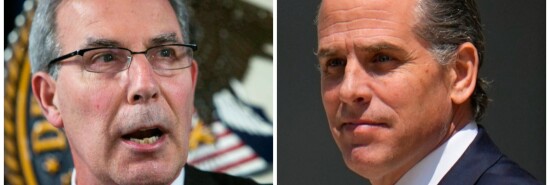
In new testimony, the district federal prosecutor testified that David Weiss wanted Hunter Biden to be charged in Washington, D.C., giving credence to whistleblowers’ claims of preferential treatment being given to President Joe Biden’s son.
U.S. Attorney Matthew Graves stated during a closed door interview with the House Judiciary Committee last week that Weiss (then a U.S. attorneys for Delaware) called Graves regarding the case towards the end of the month of February or the beginning of the month of March 2022.
“Mr. Weiss stated that he was conducting an investigation. He described how he would need logistical support to move some of the charges relating to the investigation out of district.
Graves said that the logistical assistance Weiss mentioned on the phone call would include Graves setting up a grand jury for Weiss in Washington.
|
Graves said that the phone call, which lasted 10 minutes, was the only opportunity he had to speak directly with Weiss regarding the Hunter Biden case.
Graves addressed the perceptions that he had “blocked” Weiss or “refused to” partner with him on the case.
Graves refused to partner with Weiss according to two whistleblowers as well as other IRS and FBI witness. This has led questions regarding why charges weren’t brought in Washington, and whether Graves hampered Weiss’s case.
Graves said that he remembered asking Weiss, on the phone, “whether he just wanted the normal administrative support any U.S. Attorney would need to bring a case to another jurisdiction… or if he asked us to join the inquiry.”
Weiss replied that he wanted Graves’s office to support him “at least” but they could “discuss whether or not we join further,” Graves stated.
Graves met with the head criminal division of the Washington office. He instructed him to instruct staffers to seek a briefing with the Delaware office which was handling the Hunter Biden Case and to report back to Graves if they wanted to partner with Weiss in this case.
Graves said that after they had received the briefing he met with about five or six of his staff members to decide what to do. This was around March 19, 2022.
Graves was asked by a committee member: “And you decided not to pursue the case?
Graves stated, “I think that what was publicly reported and known — I’m being careful because there is an ongoing investigation, but I believe that we did not ultimately join.”
Graves emphasized that it was him, and not Weiss who first raised the possibility of working with Weiss in the case. He then explained how this was a rare hybrid model of addressing venue issues. Graves described this approach as “extremely rare”.
“The challenge — especially when you talk about U.S. Attorney and U.S. Attorney — is that you are bringing in another command chain. Graves explained that once you are partnered you must reach a consensus. “As a manager in general, I don’t like to do this.”
He said, “You are kind of buying a house without inspection and you will be buying whatever problems there may be.”
Graves stated that under normal circumstances his office would either assume the case, or grant prosecutors special attorney status to allow them to work within Washington jurisdiction.
Graves was only interested in the “hybrid option” of working together with Weiss in the case because the nature of the crimes involved, which he described as “white-collar,” could lead to lengthy litigation, and “could create a precedent that would be binding in our jurisdiction.”
Graves’s comment runs counter to Weiss’s statement in a letter dated June 30, sent to House Judiciary Committee Chair Jim Jordan (R – OH), in which he stated, “Common Departmental Practice is to contact United States Attorney’s Office in the district in question to determine whether they want to partner on the matter.”
Graves also insisted that he had told Weiss he was willing to give him the “logistical assistance” he needed to file charges against Weiss in Washington, despite the fact that Weiss later decided not to follow his lead and join the case.
Graves’ involvement lasted about three weeks, starting with the phone conversation with Weiss and ending with the meeting of his chief criminal division, as well as the March 19, 2009 meeting at which his office decided to not partner with Weiss.
Graves stressed that he needed to act quickly during this time period. He said he’d asked his criminal division head to “immediately take steps” to support the situation and to ask him to assign staff members to conduct a “quick evaluation because time was critical and we had make a quick decision.”
This is consistent with the allegations made by two whistleblowers who are both experienced IRS criminal investigators and were involved in this case. They claimed that they were frustrated by the fact that in 2022, the statute of limitation would expire on charges from 2014 and 2015. This would “sanitize” the most serious criminal conduct of the case.
Graves responded that he “had a conversation or two” in the spring or early summer to let Weiss know that he was “clear” to move to Washington. Graves also said that he would assist Weiss with any logistical needs.
He said, “I’m not going to get into specifics about the conversation.”
He said that when pressed about the matter, “I can only say on a high-level, they informed me of something regarding the status Delaware’s investigation.”
Graves was accompanied at the interview by two DOJ attorneys. He refused to reveal any details of the case, saying that they were beyond the scope of the interview he had agreed upon with the committee, and could threaten the integrity of prosecution.
Graves refused to give the names of those who attended the meeting on March 19, resulting at one point in an acrimonious exchange with a GOP Committee aide.
Graves stated that he didn’t want names of attendees to be included in the transcript because his staff has already been threatened. The GOP aide offered to speak off-the-record, but Graves and DOJ lawyer refused to budge. They said that the committee would consult with the DOJ Office of Legislative Affairs in order to obtain the names.
Weiss is expected to file charges against Hunter Biden for tax years 2017 and 2018. It’s unclear why Weiss did not bring charges against the president.



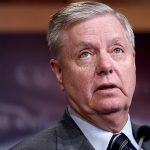
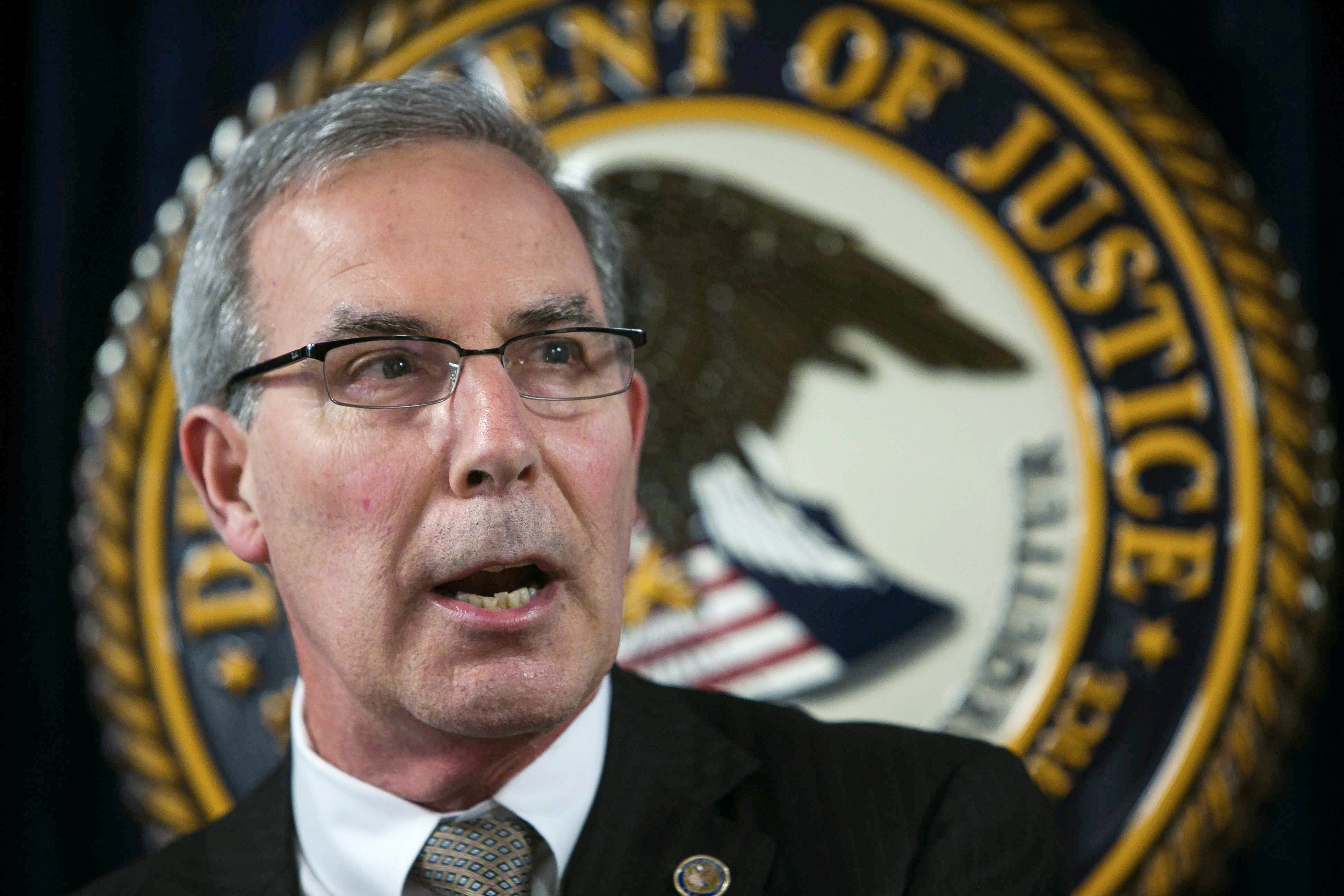
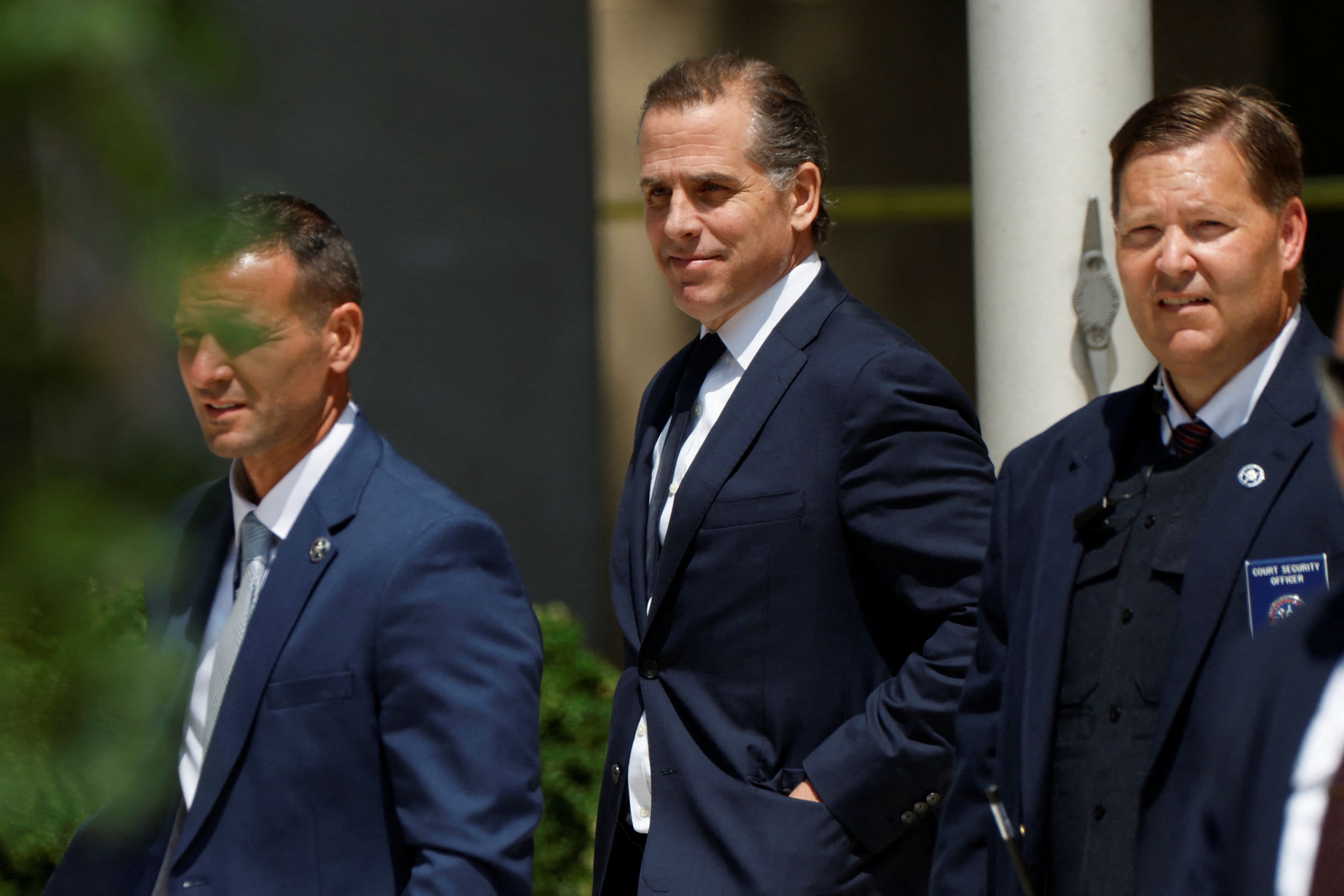
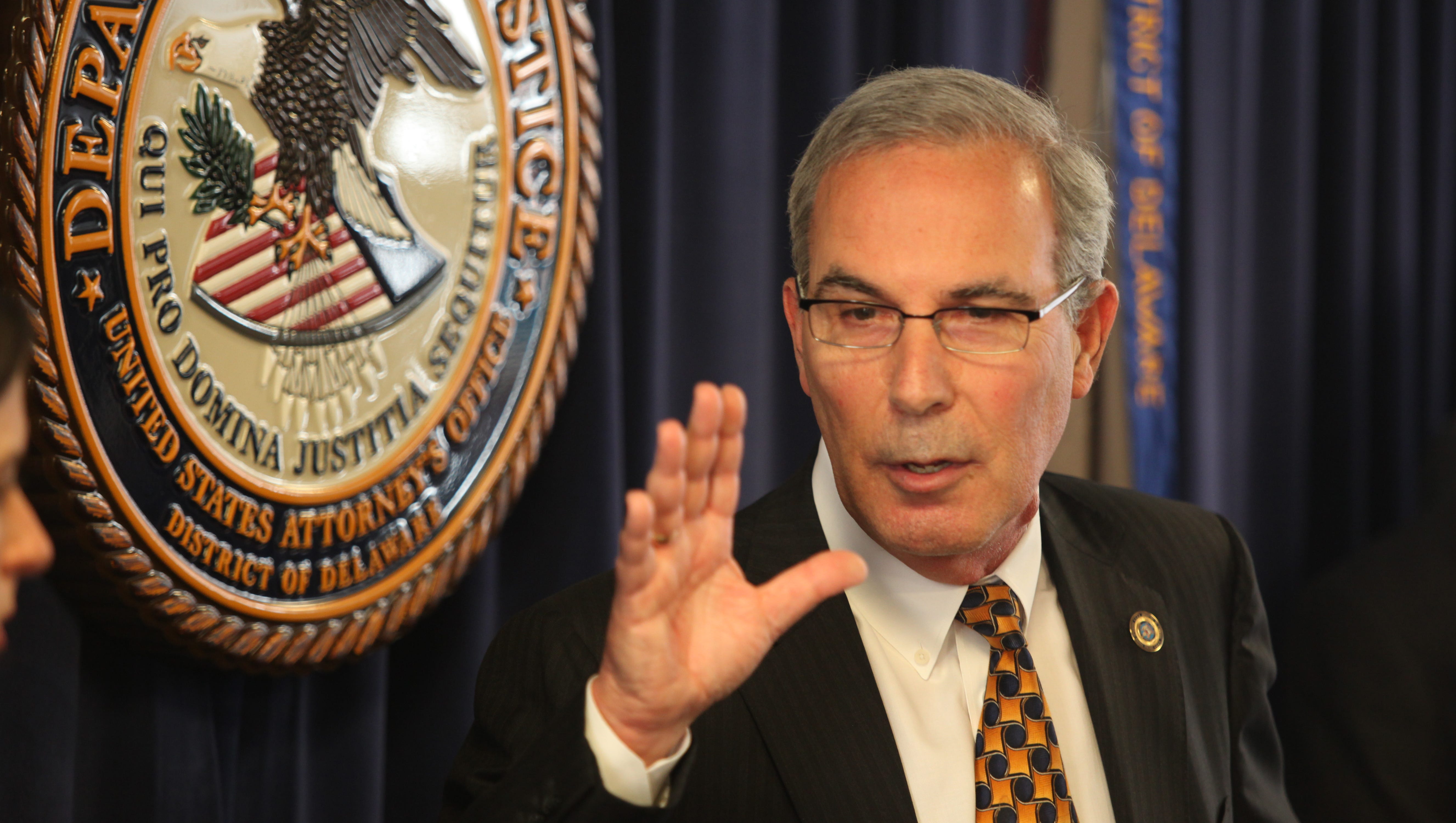

No Comments